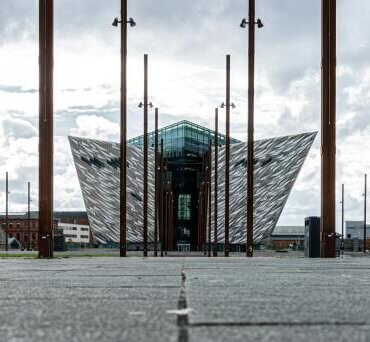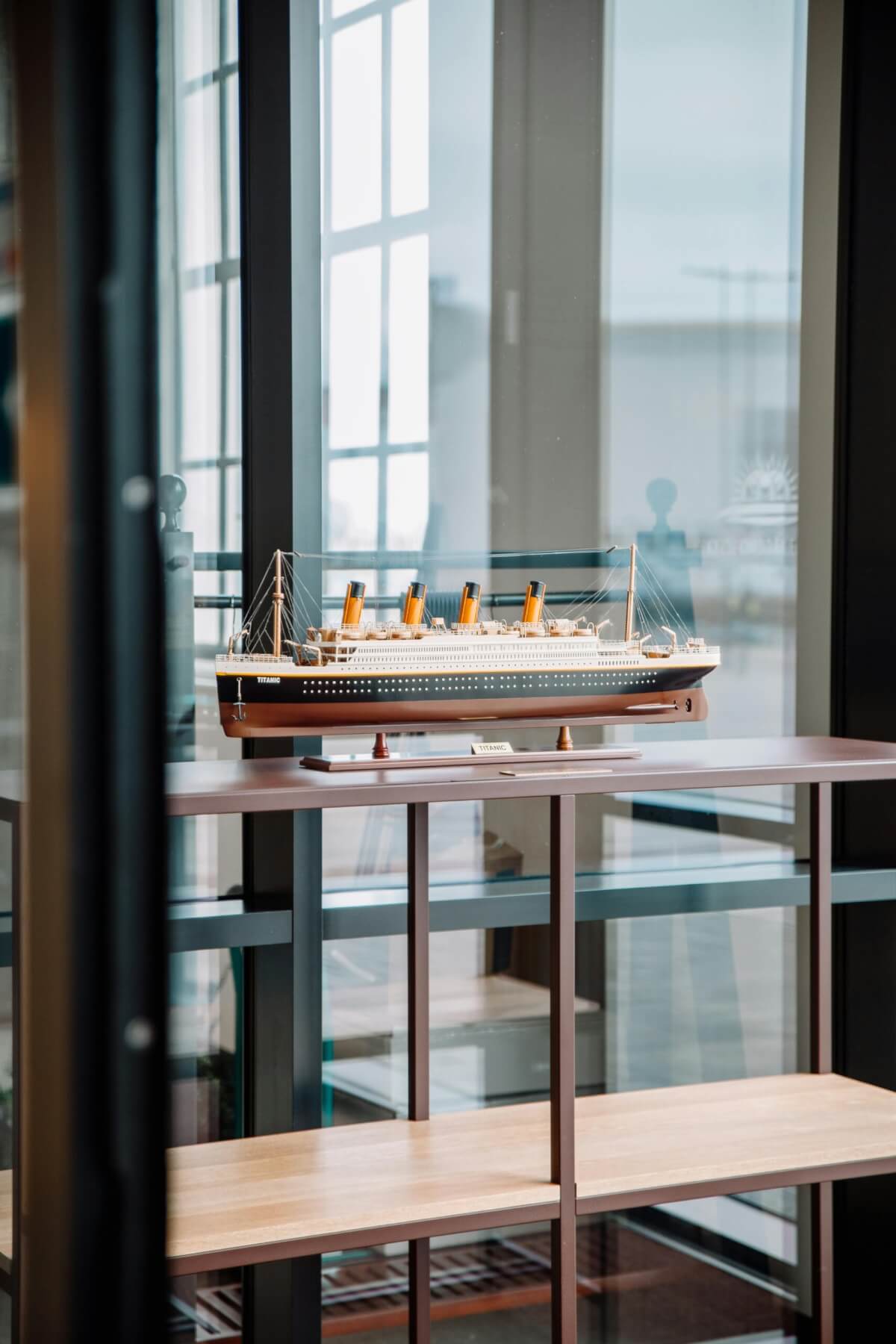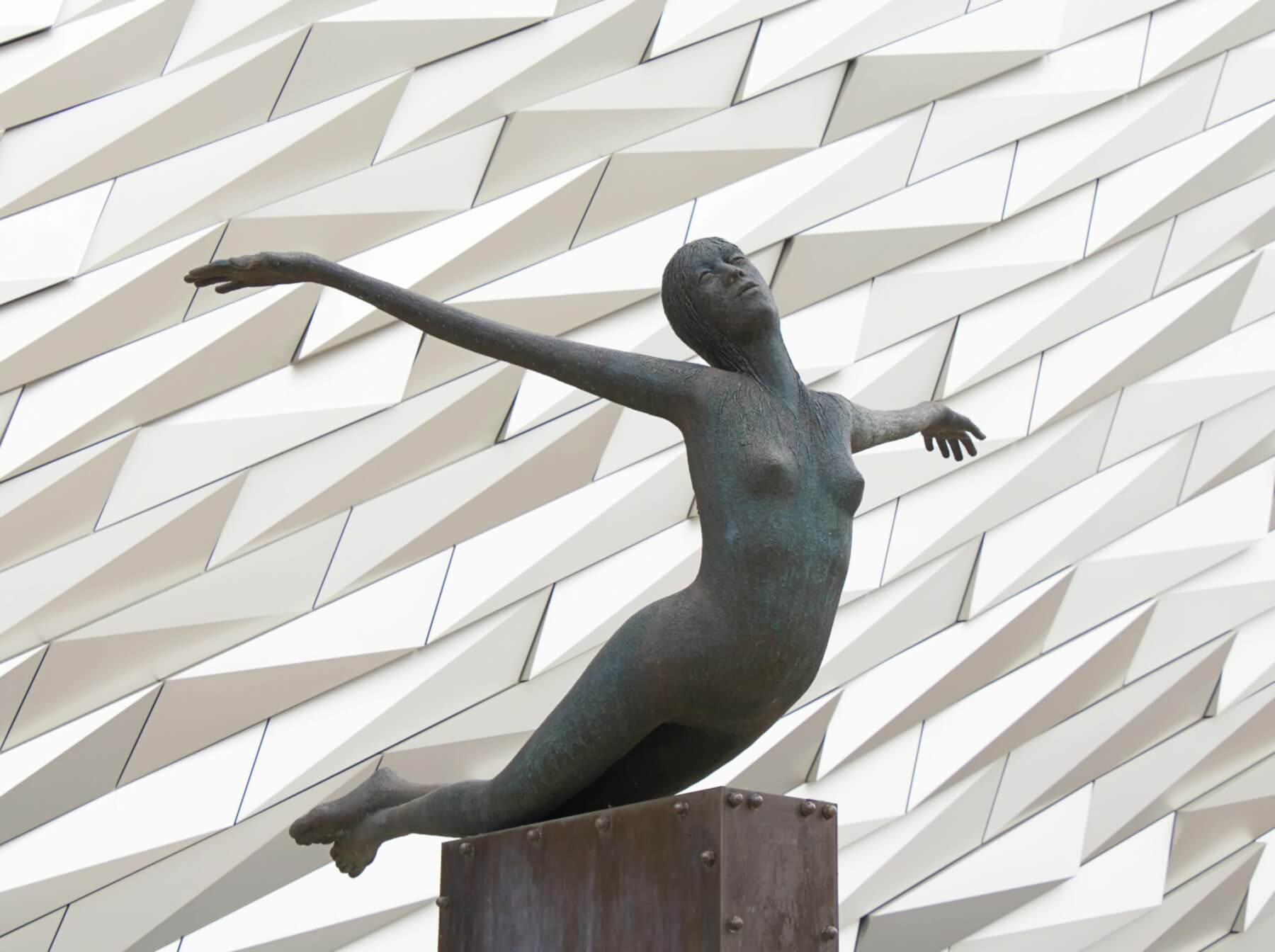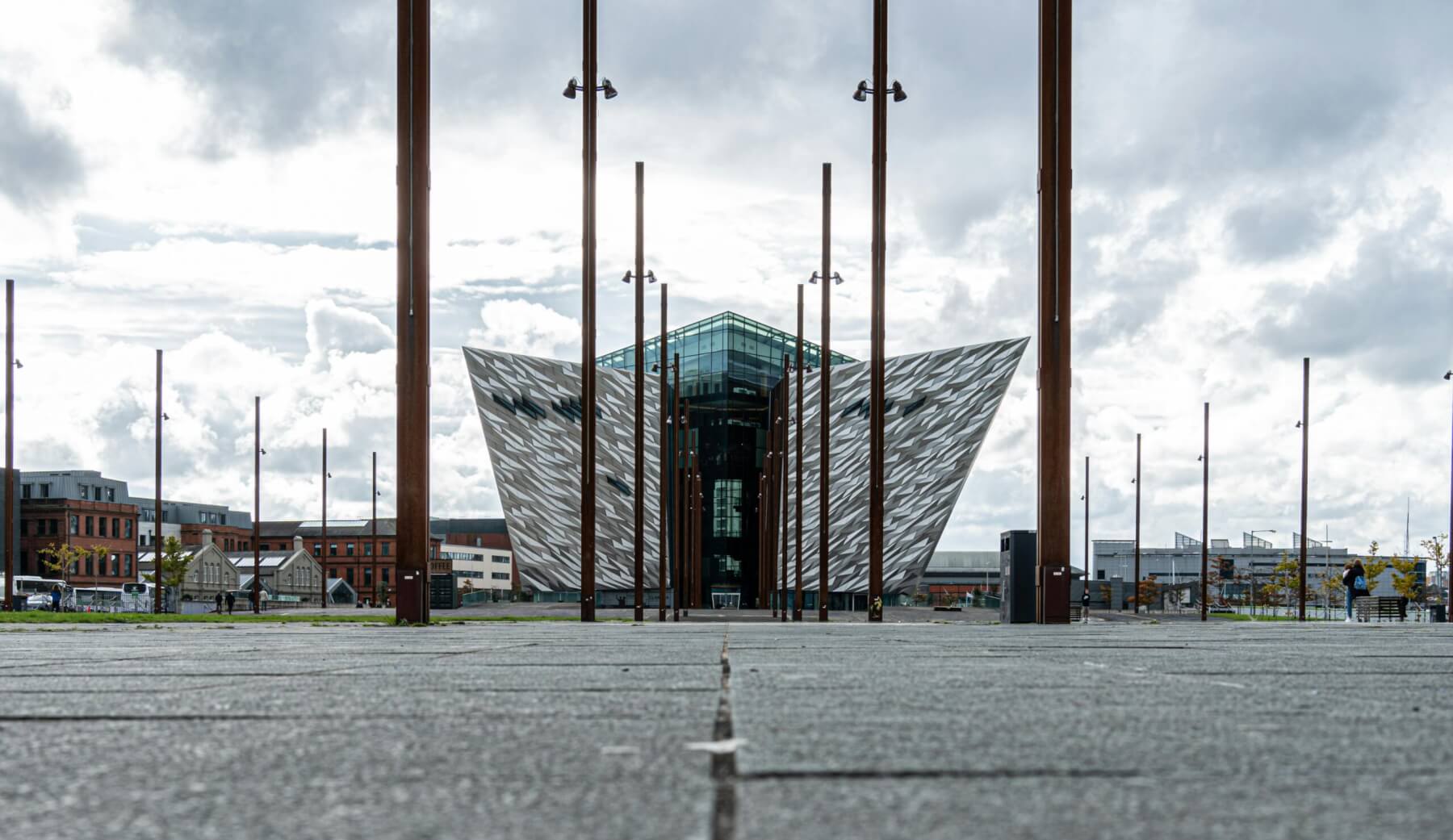
A big part of life is about getting prepared. One way or another, throughout our lives, we’re always in some sort of ‘preparation’ for the ‘next thing’.

Murray Smith
Think about that…from birth, to first words, first day of school, first friend, first date, first kiss, learning to drive, learning financial responsibility, maybe graduating, beginning a career, marrying, establishing a home, starting a family, retiring…it all involves your ‘preparation’ in measure… at the end, ultimately your funeral has others involved in preparing that for you.
The Scout motto, in English is, Be Prepared, and most international branches use a close translation of that phrase. It’s great advice since being unprepared can carry very dire consequences.
Such thoughts were provoked recently staring at a picture of the Titanic sinking. There can’t be any more vivid example of ‘unpreparedness’ than this tragedy which caused the loss of over 1500 lives. Crew suffered the most casualties, incurring about 700 fatalities. Third class passengers suffered badly too with only 174 of approximately 710 passengers surviving.

Model of Titanic on Exhibition. Photo: Marieke Mol, pexels.com
On a clear, freezing cold night in April 1912, the stricken Titanic began sinking in glassy seas after hitting an iceberg in the North Atlantic. Lack of foresight and inadequate preparation at numerous levels spelled the doom of White Star Line’s trophy vessel on its maiden voyage.
Upbeat over-confidence bordering on arrogance obscured risk analysis, fortifying the illusion nothing (‘even God’ a newspaper said), could sink the Titanic. Numerous reports of icebergs from other ships failed to reach the bridge from the radio room. Some which did, failed to provoke appropriate caution. The Titanic steamed on regardless at 22 knots (41km/h) just under its maximum speed.
It collided beam on with an iceberg and the resulting buckled steel plates and popped rivets below the waterline allowed compartments to flood via a massive ‘gash’, at an estimated rate of seven tons a second. The ship’s fate was inevitable. Over the next two and a half hours water poured in – the angle of incline steadily increasing. Initially, people thought being asked to don life belts was as a joke. They weren’t told the ship was sinking.

Titanic Sculpture in Belfast. Photo: Phil Mitchell, pexels.com
The number of lifeboats was hopelessly inadequate. With disaster looming, crew began to prioritise who might be assigned a place in one of the 20 lifeboats… sufficient to accommodate barely half the total number of people on board.
A refined elderly lady was lining with passengers to board a lifeboat. Her turn came and she hesitated – then withdrew, telling crew she needed to retrieve something from her stateroom. Exasperated crew upbraided this wealthy woman for rushing back to fetch (they assumed), trivial baubles of jewellery she had left behind. They pulled no punches expressing their irritation. The lady returned – not clutching jewellery, but oranges. Facing the possibility of death altered her priorities. As it should.
The inevitability of us dying is something that ought to alter our priorities – think; how truly ‘prepared’ are we ? I mean preparing beyond practical considerations like funeral planning… ensuring you have salvation is a must in preparing for eternity – for life beyond the grave. Neglecting God’s offer of eternal life, peace and assurance through Christ, demonstrates thoughtless unpreparedness of a magnitude eclipsing Titanic proportions.

View of the Building of Titanic Belfast in Belfast, Northern Ireland. Photo: Daniel Smyth, pexels.com








